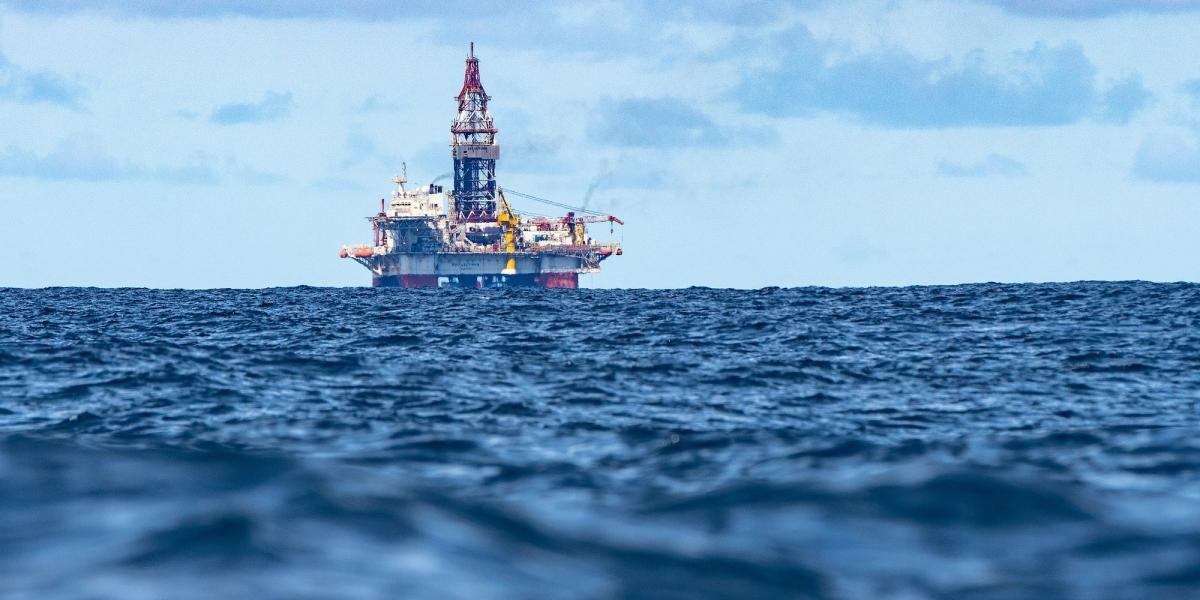Breadcrumb

Guyana in 2024 was a country on the cusp of a major transformation. The world’s largest non-state oil company, ExxonMobil, had discovered sizeable oil fields off the coast of Guyana in 2015. The discovery had the potential to make Guyana one of the world’s richest nations on a GDP per-capita basis. The country’s president, Mohamed Irfaan Ali, in office since 2020, believed the oil could be ‘an important tool … in the building of a prosperous Guyana and a sustainable Guyana.’
But the discovery of oil also raised a host of political, economic, and environmental questions. This mini case study is set as Ali’s first term in office was drawing to a close. Ali needed to determine how to navigate the oil opportunity with a view towards the long-term interests of the Guyanese people and the planet, whilst also managing voters’ shorter-term expectations.
- Consider how environmental, political, and economic concerns interact when considering the short- and long-term interests of a nation;
- Explore challenges and opportunities related to new natural resource discoveries
